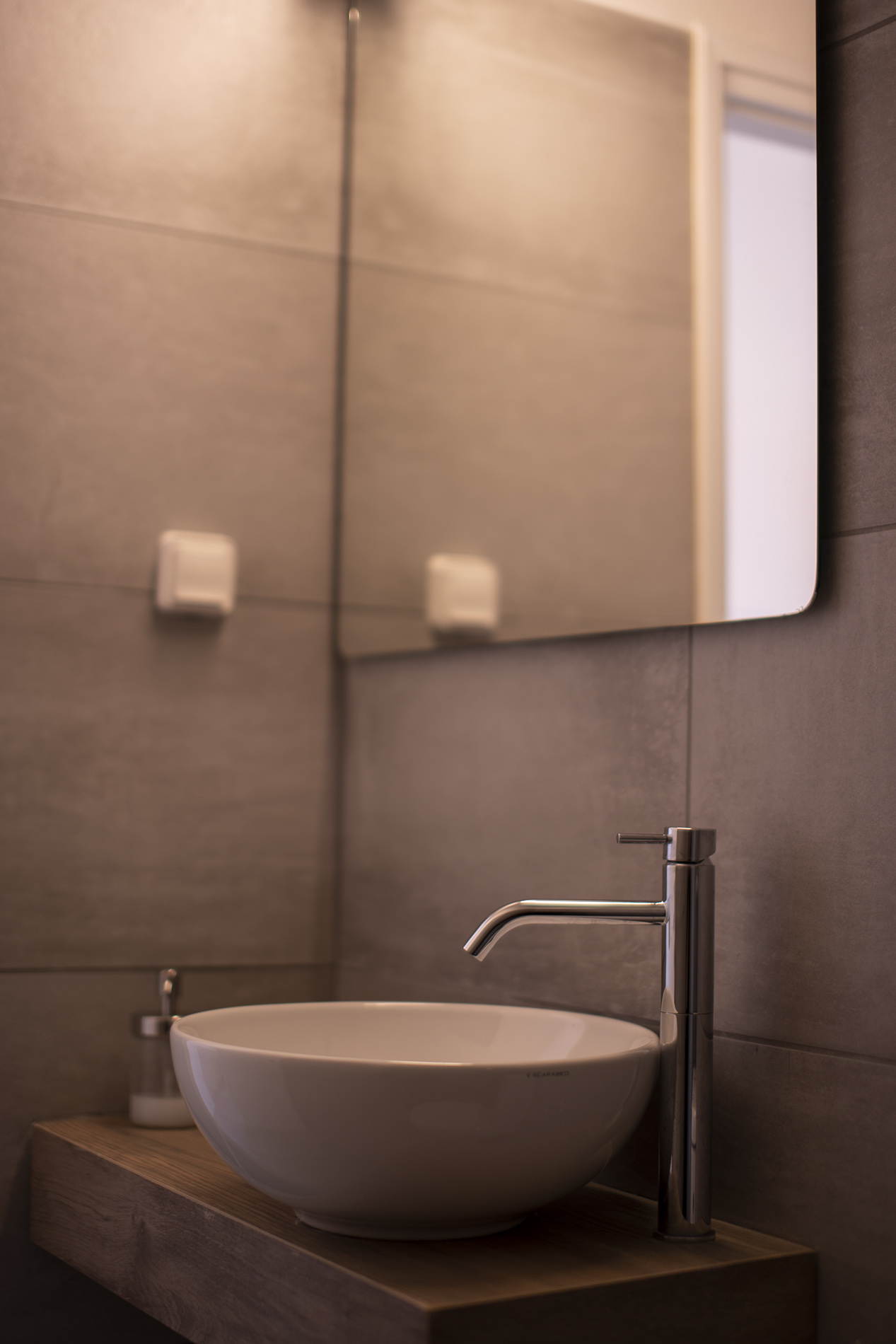the name
AVALI HOUSES
Avali: Bay (Paxoi island) ,
Avali: Downhill to the creek of the sea

The apartments
Our goal was to create a house in harmony with the island, while also offering our visitor a relaxing and comfortable stay, tranquility and a full facility package.

Gaios Village
In the beautiful village of Gaios, in Paxos, 20 metres from the picturesque beach of Gianna, you will find Avali Houses.

the island
According to the Greek mythology, Paxoi were created when Poseidon, the god of the sea, cut off the southern tip of Corfu with one mighty blow of his trident, thus formed Paxoi, to create an idyllic retreat for his beloved wife, Amphitrite
AVALI HOUSES PAXOS
Facilities
In the beautiful village of Gaios, in Paxos, 20 metres from the picturesque beach of Gianna, you will find Avali Houses.
There are two houses – apartments, a ground floor and a first floor, with two bedrooms and a separate bathroom per floor, with a shared kitchen, hallway and public areas.
The construction of Avali Houses was completed in 2018, with emphasis on quality materials while at the same time decorated with carefully selected artistic details, mainly based on natural materials such as wood. Our goal was to create a house in harmony with the island, while also offering our visitor a relaxing and comfortable stay, tranquility and a full facility package.
The minimalism in the exterior but also in the interior of the Avali Houses represents undoubtedly our aesthetic choice, as our goal is not only the physical but also the inner peace of our guests.
We wish you a pleasant stay!


COCOMAT
Paxoi
A cluster of islands of limestone rocks that form exotic beaches with tiles and pebbles as well as cliffs with greaves (caves) on the west side of the island. There is a lush vegetation with century-old olive trees, pine cones, cypresses, bushes and myrtles.
Paxoi belong to the green Ionian islands with the turquoise waters, the picturesque villages, the unique fjords with the sea caves and the beautiful beaches!
Paxoi (or Paxi) and Antipaxoi (or Antipaxos), is the smallest island group within the Ionian Islands, and Paxos, its largest island, is located 7 miles south of Corfu, 8 miles from the mainland coast and 12 miles from Parga. The main town of Paxoi and the seat of the municipality, is the picturesque Gaios, which is naturally protected by two islets, Panagia and Agios Nikolaos. The olive groves are dominant in Paxos and the Vineyards, that produce the famous black wine, are dominant in Antipaxoi, that is also known for the exotic beaches of Vrika and Voutoumi. Both these islands, will remain unforgettable for their natural beauty!
Paxoi are characterised by their dense vegetation and by the olive groves, which were the result of the Venetian policy that encouraged the cultivation of the olive tree, so that the island can have financial resources and of the small vineyards. The flora is rich and includes about 450 species, and two of them, namely Centaurea paxorum and Limonium antipaxorum, are local endemics.
Since the 1960s, the inhabitants of Paxoi have been engaged in tourism, fishing and production of olive oil and wine. The olive oil of Paxoi is of very high quality and is also used in the production of soap and shampoo.
Mythology
According to the Greek mythology, Paxoi were created when Poseidon, the god of the sea, cut off the southern tip of Corfu with one mighty blow of his trident, thus formed Paxoi, to create an idyllic retreat for his beloved wife, Amphitrite.
However, he lost his trident, which the Paxians found and made their emblem.
Name
According to Strabo, a Greek geographer, philosopher, and historian, the Phoenicians, who are traditionally held to have been the first settlers of Paxoi, gave the name to the island after the word Pax, which meant trapezoidal in their language, which is an island with a trapezoid shape, as it appears if viewed from the air.
The Metropolitis (Bishop) of Paramythia, Athenagoras, interpreted the name Paxoi, as a corruption of the Greek word for flagstone (plaka), which were cut on the island and exported. A combination of the word Pax (πλάκα) and ae or a (which means island), gives us the name of the island of the flagstones. A. Mustoxidis believes that the name of the island is derived from the adjective πακτός (Doric type of the πηκτός).
The Thesaurus Graecae Linguae by Henri Estienne, gives the etymology from the ancient Greek verb πηγνύω and more specifically from its future tense, πήξω.
It is also possible to have derived from the phrase πακσώσας θύρας (closed doors), because the harbour of Gaios is closed. Giannis Doikas also believes that the word peace would perfectly fit to the peaceful island of Paxoi. Another version claims that a group of inhabitants from the region of Paxountos in Sicily, either out of need or due to partisan raids, left their homeland or settled in Paxoi, giving it the name of their motherland.


































